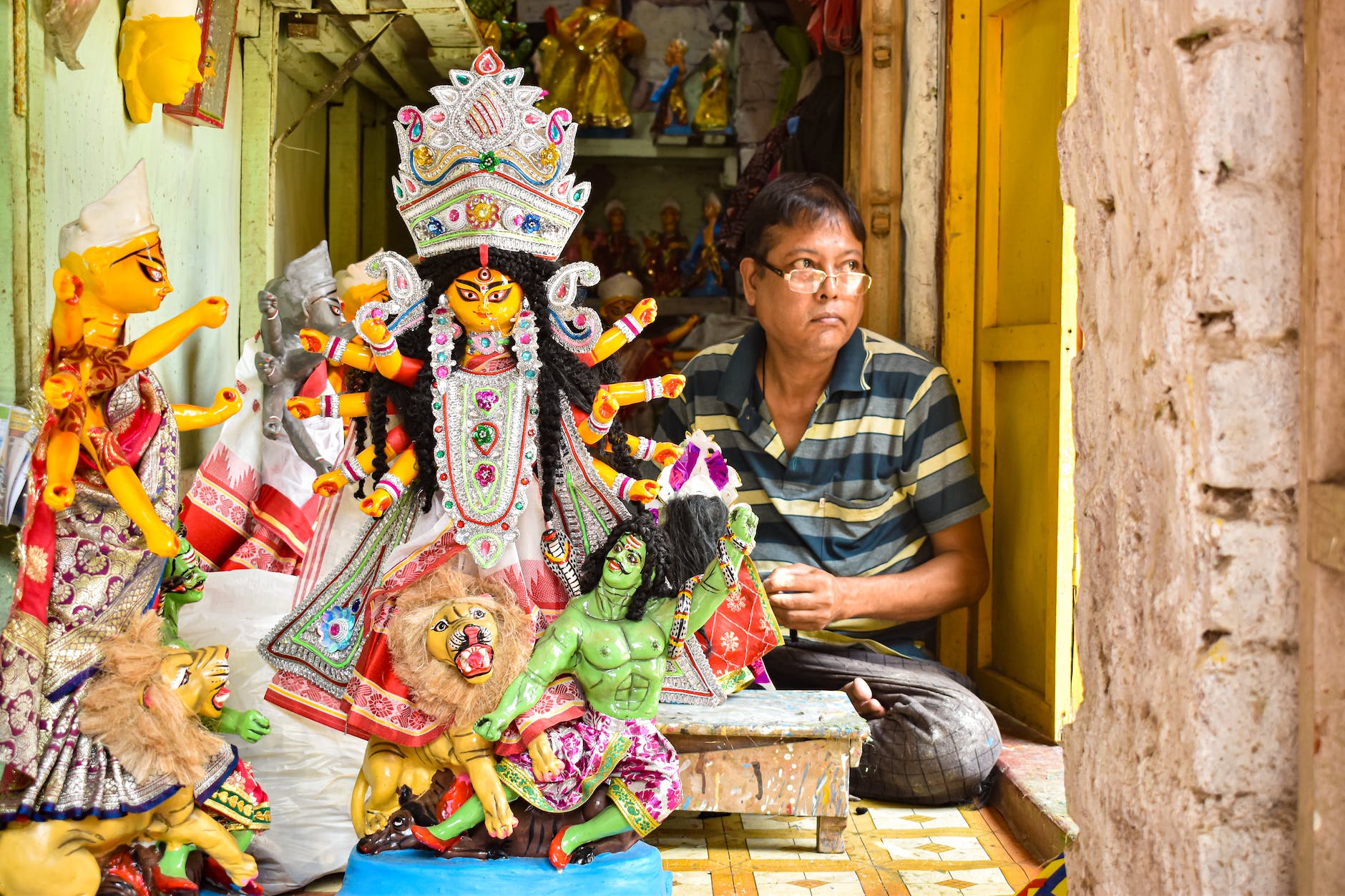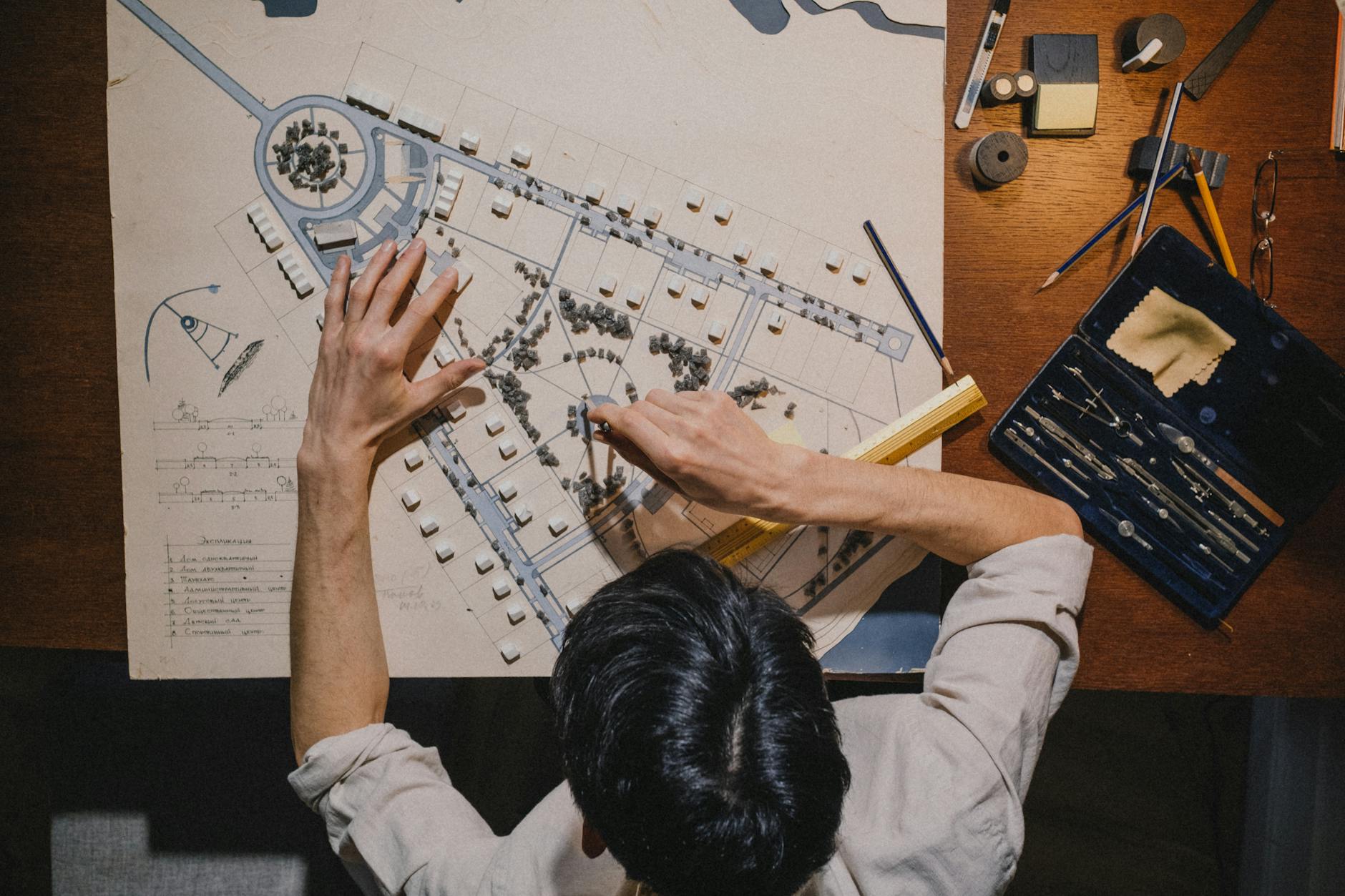Since their inception, mind-altering substances such as psychedelics have largely been associated with counterculture and rebellion. Recently, however, a growing body of scientific and anecdotal evidence suggests these substances may be more than just the catalysts for subversive social movements. They may also harbor immense potential in enhancing human creativity, particularly within the realms of art and artistic expression.
The concept of creativity itself is difficult to define. Still, it broadly encompasses the ability to generate ideas or produce works that are both novel and valuable. Artists, in particular, thrive on their capacity for creativity, often seeking inspiration in the most unexpected places. And it appears that some have found it in the altered states of consciousness induced by psychedelic substances.
Psychedelics, such as LSD, Psilocybin (magic mushrooms), and DMT, are known to produce profound distortions in perception, leading to intense subjective mystical experiences. These experiences often include vivid color displays, heightened emotional states, altered perceptions of time and space, and a general intensification of sensory perception. Many of these alterations mirror the facets of creativity – originality, inventiveness, and the transformative nature of taking existing elements and viewing them in a new light.
So, it’s logical to inquire: Can these substances enhance artistic creativity? There seems to be substantial evidence pointing towards yes.
From a scientific standpoint, studies have shown that psilocybin, for example, significantly enhances divergent, or creative, thinking, while reducing convergent, or logical, thinking. Divergent thinking correlates directly with elements of artistic creativity, such as the ability to generate multiple solutions to a problem or perceive multiple interpretations of a single perspective. A study published in the Journal of Psychopharmacology supports this notion, showing a definite enhancement of creative problem-solving capacities under the effects of psilocybin.
Anecdotally, many artists and creative professionals have advocated the use of psychedelics for their unique ability to unlock novel ways of perceiving the world. This altered perception, they argue, feeds directly into their artistic process, allowing for more imaginative, unconventional perspectives that translate into their work. Notable examples of creatives who have utilized psychedelics for inspiration include musicians like The Beatles and Jimi Hendrix, artists like Alex Grey, and authors like Aldous Huxley.
Beyond just promoting creativity, many proponents argue that psychedelic experiences also carry deep potential for personal growth and self-reflection. Proponents argue that these intense, introspective encounters with the self can lead to a profound sense of interconnectedness and universal unity – core themes that frequently surface within artistic narrative and expression. A study published in the journal Scientific Reports validates this claim, demonstrating long-lasting increases in trait openness and nature-relatedness after psychedelic use – facets strongly associated with personal growth and transformative experiences.
In conclusion, the tentative connection between psychedelic experiences and artistic creativity is indeed fascinating. In a landscape where creativity can lead to breakthrough inventions, groundbreaking art, and touching stories, it seems worthy to continue exploring this intriguing relationship. However, it is crucial to remember that psychedelic substances also come with potential risks and should be treated with respect and caution. This complex interplay between mind-altering drugs and human creativity is, after all, yet another example of the limitless potentialities hidden within our consciousness.
While this perception-altering avenue certainly might not be for everyone, it’s clear that for some individuals, the psychedelic experience has opened up new pathways for creativity, inspiration, and artistic expression that have left lasting impressions on both their work and their lives.





